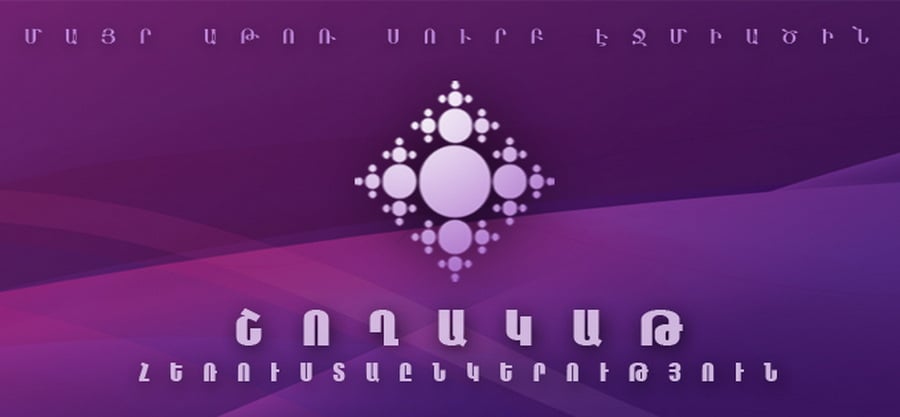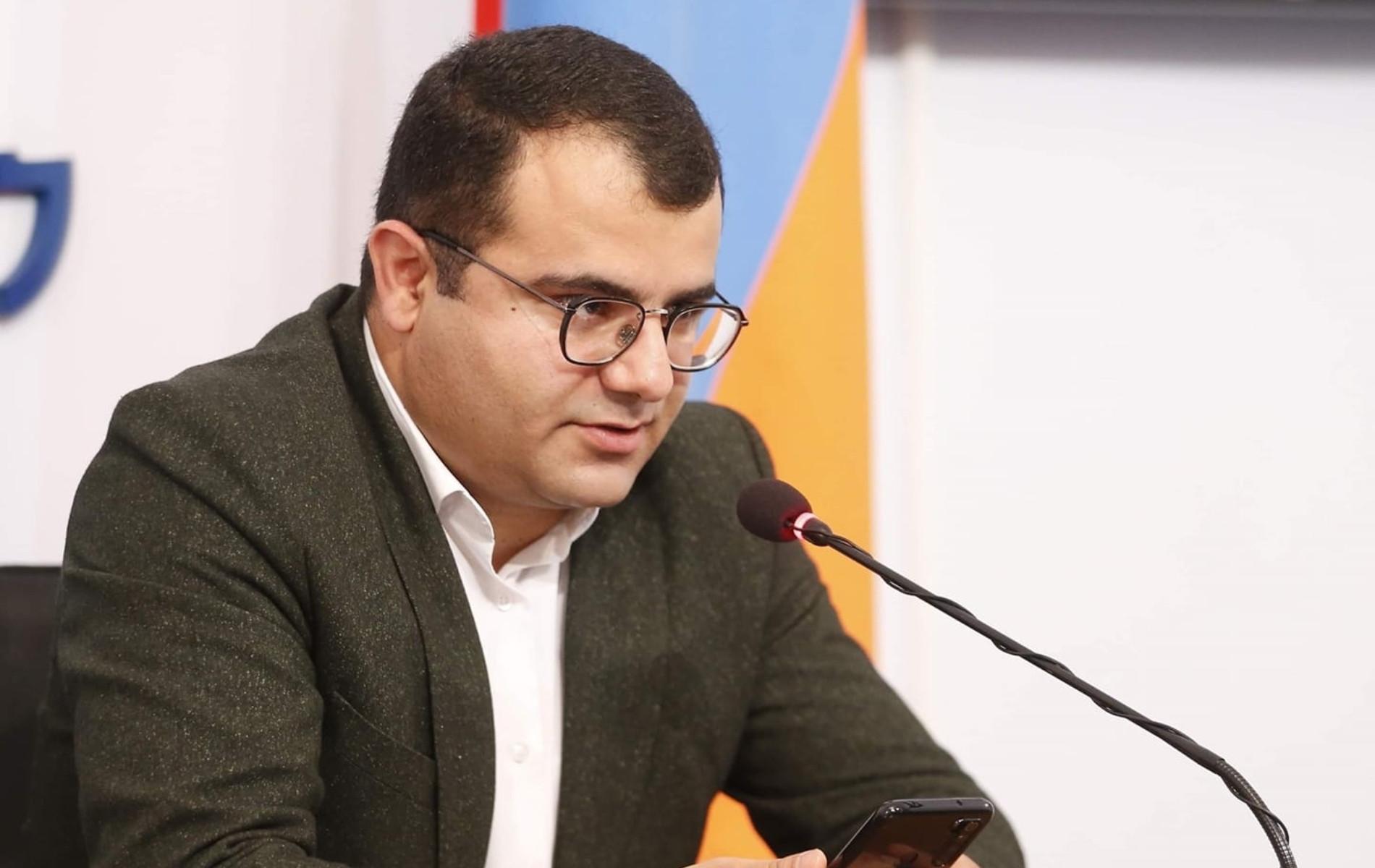Are regilious orgaisations to be allowed to preach by television or radio? If yes, how is this to be regulated? If no, on what basis? A recent occasion to raise these questions was a business project implemented by “Tsayg” television company in Gyumri, broadcasting the television series “Revelation” by the Evangelical Church. The expressions made within one of the programmes were assessed as falling short of religious tolerance and non-discrimination. The television company was fined in the amount of 500 x the minimum salary. This raised a lot of controversy in the media, ranging from the necessity to prohibit preaching to commercialisation of religious activities. Therefore, several issues need to be clarified.
First, preaching as such cannot be prohibited in a democratic society: this would mean a violation of one of the fundamental human rights – the right to freedom of expression. Any restriction of the right to religious preaching would mean restriction of another right – the right to freedom of religion. Both are guaranteed by the RA Constitution and by several important international instruments. Therefore, there can be no word of such restrictions.
However, by saying freedom of conscience many people understand the freedom to believe in the Armenian Apostolic Church and very often only preaching of the Armenian Apostolic Church is deemed permissible, whereas preaching by other religious organisations is deemed impermissible. This is outright discriminatory.
Avetik Ishkhanyan, President of the Helsinki Committee of Armenia reminds that preaching is done mainly by the Armenian Apostolic Church. According to him, a natural question arises as to why other religious organisations are deprived of this right. “There must be equality in the area of the right to freedom of conscience. In other words, there are problems here. I would like to see teledebates on religion, with participation of believers of different religions. Let them debate, argue on the differences between religions. This is one thing. Religious preaching is a totally different thing. I would be against religious preaching by television in a secular state but if one party has such an opportunity, other parties must also have this,” Avetik Ishkhanyan says. Furthermore, he does not understand why the Public Television must have a religious channel – Shoghakat.
The problem has another, a much more important aspect: the content of preaching. I believe that the programme broadcast by “Tsayg” would not have generated so much noise, nor would it have entailed a measure of liability, had the Evangelical Church preacher not used expressions of religious intolerance and discrimination in his speech. As an act prohibited by law, this must be excluded by the ministers of any religion and everyone in their public speech.
Meantime, regrettably there are many cases when the representatives of different religious organisations step over the permissible boundaries. “Very often not only do the ministers of the Armenian Apostolic Church manifest discrimination and even insults towards other religious organisations by calling them sectants but they also make insulting and discriminatory calls in connection with a number of issues, such as domestic violence or the Istanbul Convention. How can this be overseen?” Avetik Ishkhanyan wonders.
Naturally, if we speak of preaching by television, the body in charge in this area is the Television and Radio Commission. In some instances the case may even reach the court. However, in order to avoid complications a television company must see to it that its programmes conform with legislation. Refraining from any commentary on the above case, Levon Barseghyan, President of the Journalists’ Club “Asparez” notes in his conversation with us: “Television companies must be governed by their licence terms and by the existing legislation. If they are in breach of the aforesaid, the TRC may subject them to administrative liability, again according to the law. If they disagree, they may challenge this before the court. If they do not breach the terms, then they may broadcast anything.”
Nevertheless, if we refer to the programme broadcast by “Tsayg”, the argument of the television company that this was a purely business transaction and that airtime was allocated in return for payment is not convincing, to say the least. The television company does not have a right to tell the client give me my money and broadcast whatever you wish, even if this is prohibited by law.
Hasmik Budaghyan, CPFE Expert









